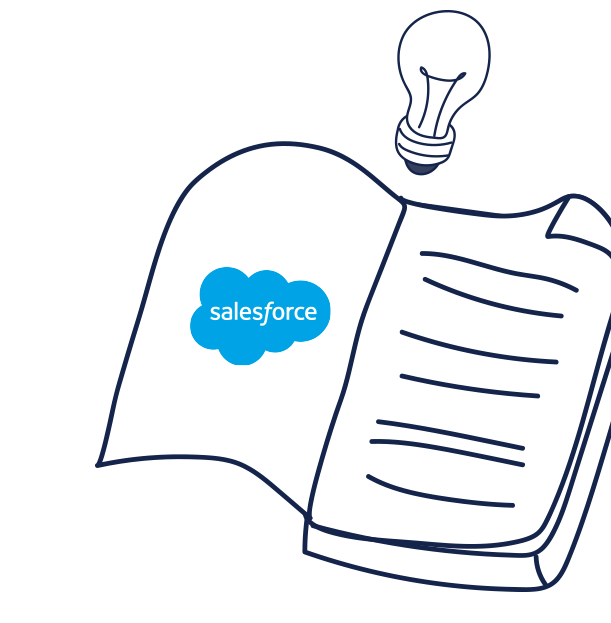Fortunately, there are some exciting features in the Spring ’23 release that every healthcare and life science company should take advantage of. In this blog, we’ll take a look at how the Spring ’23 Release will affect healthcare companies using or considering Salesforce. While it’s possible any of these updates are subject to change, it’s worth considering all of them.
New Multifactor Authentication Requirements
Multifactor authentication will be required for direct and SSO logins. This requirement adds an additional layer of security that ensures only valid users have access to sensitive information, like PHI or other data that is regulated by HIPAA. Fortunately, it’s a painless workflow for most users and does not impact their productivity. Users access their Salesforce environment in the same way as before, with one minor difference. Upon logging in, they’ll receive a notification through the Salesforce Authenticator App on their mobile device. By confirming that they attempted to log in, they’ll be credentialed and allowed access.
Salesforce Shield Enhancements
Account records that are related to interactions often contain PHI, or other sensitive information.From a HIPAA perspective, it’s not only important to encrypt data in transit, but at rest at well. New Shield enhancements on the Interaction Related Account field allows data in the comment field to be encrypted at rest. This is especially important for orgs that contain sensitive healthcare information related to patients or partners – and we recommend every company utilize it.
Experience Cloud Security Enhancements
The Spring ’23 release contains a ton of security enhancements, and Experience Cloud is no exception. There are a few enhancements that are particularly helpful in securing healthcare-oriented portals, and update the Salesforce SAML framework.
- The ability to run flows from a Guest User profile has been removed. This means that guest users will need to be given explicit permissions to run flows.
- The “Hide Personal Information” feature is being retired. A new feature called “Enhanced Personal Information Management” takes its place, allowing fields containing PHI to be hidden from external users.
- Likewise, the “Hide first and last name” fields for API calls is being replaced with the “Enhanced Personal Information Management” feature.
Einstein Search Manager gives the search function more power…but pay attention to HIPAA
Einstein Search Manager allows picklist searches, enhanced display of relevant knowledge article content, and AI driven results with learning map. Pay attention to which apps and data are accessible to be searched, as it may impact Salesforce HIPAA compliance.
Be Aware of new Health Cloud Features
Partial rescheduling for advanced therapies
Personalized medicine is a complicated patient journey. With a new partial rescheduling enhancement, single appointments can be rescheduled without impacting other appointments in the series.
More detail on enrollee count for Advanced Therapy Management
Track entitlement with more granularity for advanced therapy patients enrolled in your org.
Intelligent Appointment Management
Filter by engagement type and give schedulers better tools to find open appointments, on the channels your patients prefer.
Action Launcher Enhancements
Flow orchestrations can now be initiated directly from the action launcher, leading to agent time savings, faster patient service, and better usability.
Easier Unified Scoring
It’s now easier than ever to get started with unified scoring for your patients and partners. A new pre-configured data kit sets up key data streams, data model objects, and mappings in a single process.
Clinical Data Model Extension and new EHR Restrictions
The Spring ’23 release extends the timeline for replacing the EHR data model with the clinical data model. However, restrictions on creating EHR records are being enforced. According to the release notes, “new customers can’t create records for packaged EHR objects that have counterpart objects in the FHIR R4-aligned Clinical data model.” It’s clear the future is in the clinical data model.
New and Updated Objects
There are many changes and additions to the object model in the Spring ’23 release. Check out a comprehensive list of the updates here.
We’re excited about how we’ll utilize the new features in the Spring ’23 release for our clients. Do you have questions about how any of the enhancements updates will affect your organization? We’d love to hear from you!


